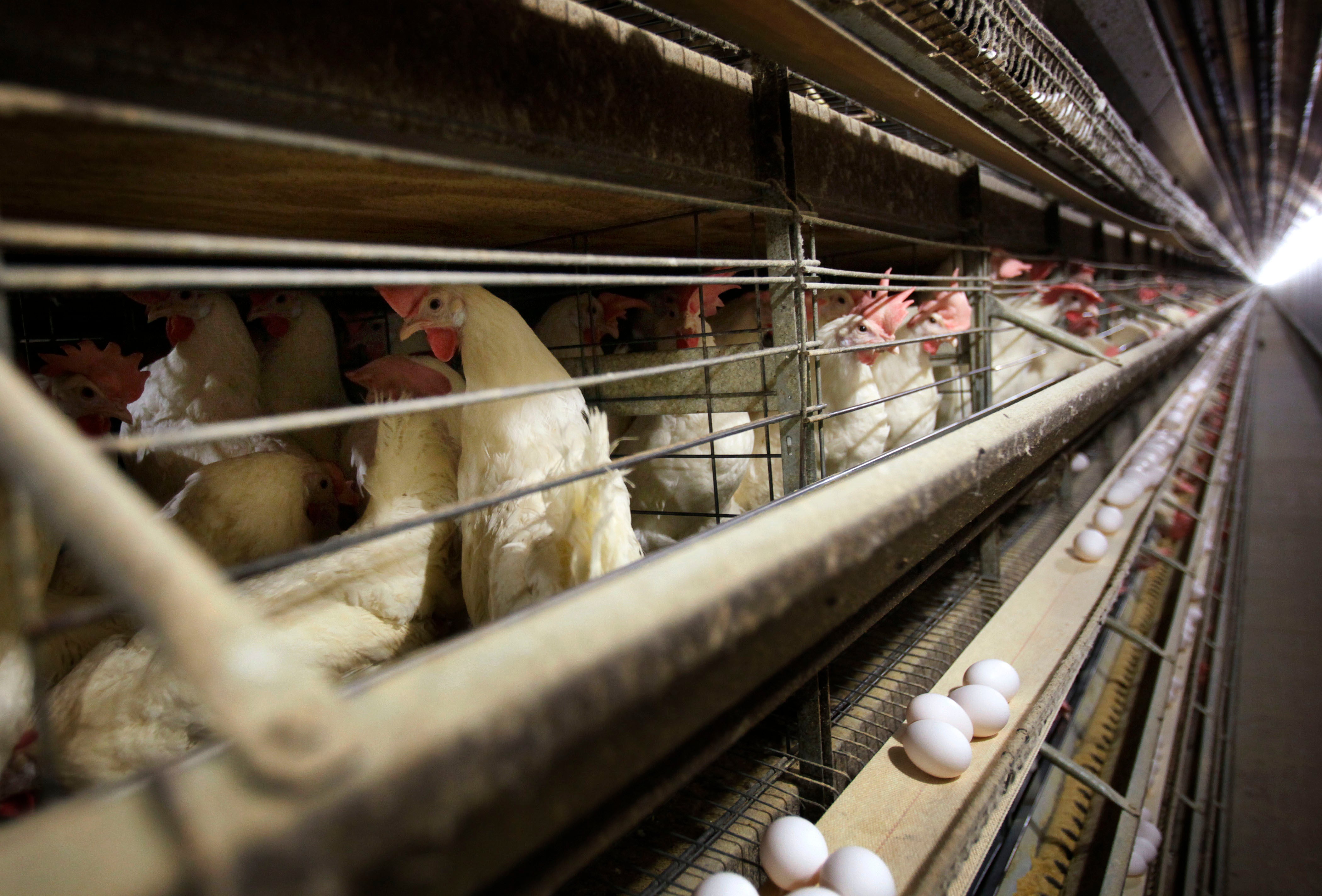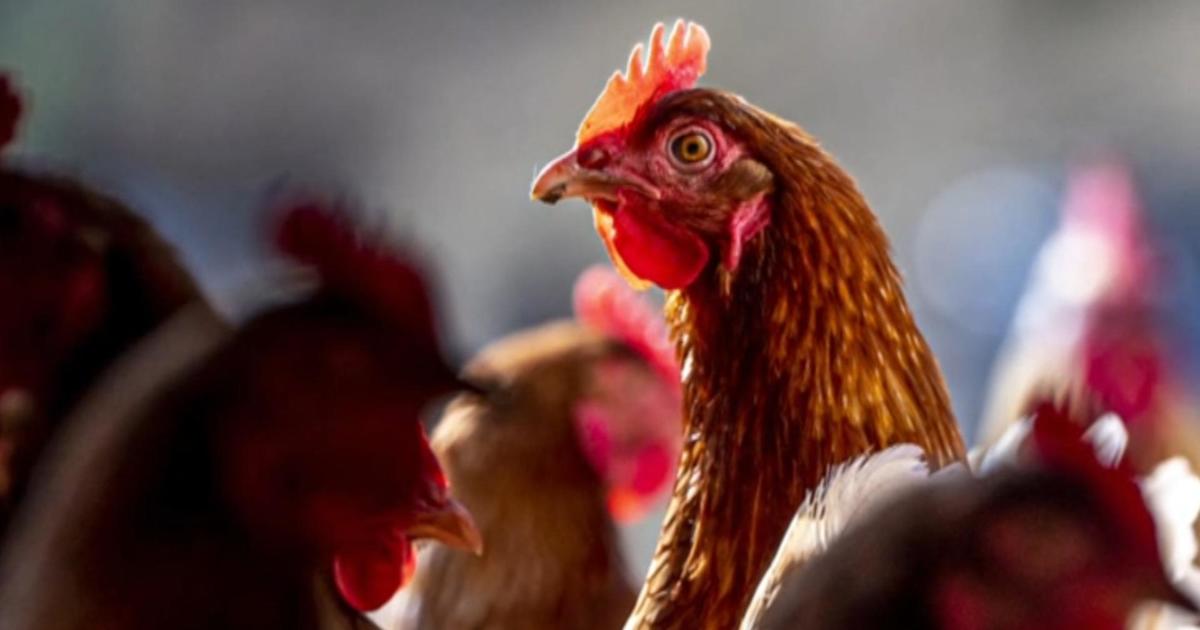Current Status of Bird Flu in Colorado

Colorado bird flu – As of March 2023, Colorado has experienced an outbreak of highly pathogenic avian influenza (HPAI) H5N1, commonly known as bird flu. The virus has affected both domestic and wild birds, leading to significant concerns among poultry farmers and wildlife enthusiasts.
The recent outbreak of bird flu in Colorado has raised concerns about the spread of the virus. The virus has been detected in wild birds, and there have been several cases of domestic poultry being infected. While the risk to humans is low, it is important to take precautions to prevent the spread of the virus.
One unusual weather event that has occurred recently is the snowfall in Philadelphia in July. The snowfall was a rare occurrence, and it is not clear what caused it. However, it is a reminder that even in the summer, it is possible for unusual weather events to occur.
As the bird flu outbreak continues, it is important to be aware of the risks and to take precautions to prevent the spread of the virus.
The outbreak has primarily impacted commercial poultry farms in Weld and Morgan counties, resulting in the loss of over 2 million birds. Wild birds, including waterfowl, raptors, and scavengers, have also been affected, with cases reported in multiple counties across the state.
Amidst the outbreak of bird flu in Colorado, the political landscape is also witnessing a significant shift with the upcoming trump vance race. As candidates vying for the Republican nomination engage in fierce debates, the poultry industry grapples with the economic consequences of the avian influenza.
Control Measures
In response to the outbreak, the Colorado Department of Agriculture (CDA) has implemented several measures to control the spread of the virus. These include:
- Quarantining infected farms and implementing movement restrictions for poultry and poultry products.
- Enhanced surveillance and testing to identify and isolate infected birds.
- Disinfection and biosecurity protocols to prevent the spread of the virus to other farms and wildlife.
Impact of Bird Flu on Colorado’s Poultry Industry

The outbreak of bird flu in Colorado has had a significant impact on the state’s poultry industry. The virus has led to the death of millions of birds, resulting in economic losses for poultry farmers and disruptions to the supply chain.
The economic impact of the bird flu outbreak has been substantial. According to the Colorado Department of Agriculture, the state’s poultry industry has lost over $100 million in revenue since the outbreak began. The losses have been particularly severe for small-scale poultry farmers, who have been forced to euthanize their entire flocks.
The bird flu outbreak has also created challenges for poultry farmers. The virus is highly contagious and can spread quickly through a flock. This has made it difficult for farmers to prevent the spread of the virus and has led to the loss of a significant number of birds.
Poultry farmers are implementing a number of measures to mitigate the impact of the bird flu outbreak. These measures include increasing biosecurity measures, such as disinfecting equipment and isolating infected birds, and vaccinating birds against the virus.
The bird flu outbreak is likely to have a long-term impact on the Colorado poultry industry. The virus is expected to continue to circulate in the state for some time, and it may take years for the industry to recover from the losses it has suffered.
Government Assistance
The government has provided financial assistance to poultry farmers who have been affected by the bird flu outbreak. This assistance has included grants to help farmers cover the costs of euthanizing their flocks and disinfecting their facilities.
Consumer Impact
The bird flu outbreak has also had an impact on consumers. The price of poultry products has increased in recent months due to the reduced supply of birds. Consumers may also be concerned about the safety of eating poultry products, although the virus is not known to pose a risk to human health.
Public Health Concerns and Prevention Measures: Colorado Bird Flu

The highly pathogenic avian influenza (HPAI) virus can pose a risk to human health, primarily through direct contact with infected birds or their bodily fluids. While human infections with HPAI viruses are rare, they can occur and can lead to severe respiratory illness.
To prevent the spread of the virus from birds to humans, several measures can be taken. These include avoiding contact with sick or dead birds, practicing good hygiene, and properly disposing of poultry carcasses. Biosecurity measures are also crucial in preventing the introduction and spread of the virus in poultry operations.
Biosecurity Measures
Biosecurity measures are a set of practices aimed at preventing the introduction and spread of disease agents in poultry operations. These measures include:
- Restricting access to poultry houses and other areas where birds are kept.
- Using protective clothing and footwear when working with birds.
- Thoroughly cleaning and disinfecting equipment and facilities.
- Implementing rodent and pest control programs.
Responsible Disposal of Poultry Carcasses, Colorado bird flu
Proper disposal of poultry carcasses is essential to prevent the spread of HPAI. Carcasses should be disposed of promptly and in a manner that prevents scavenging by other animals. This can be done through composting, incineration, or burial.